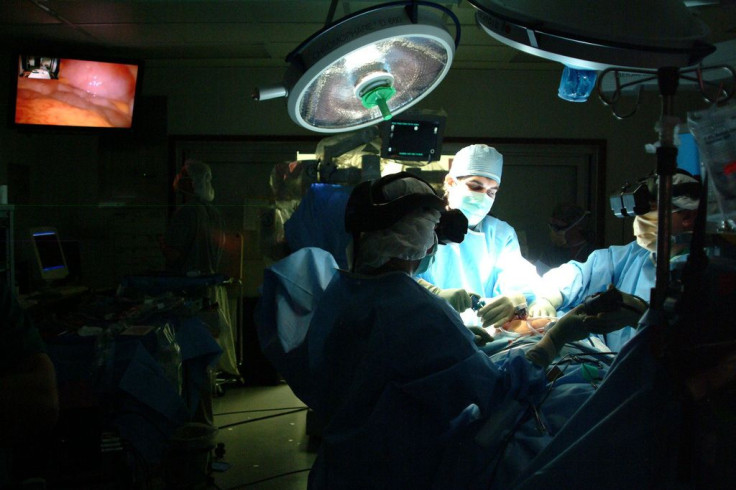More Patients Undergoing Day Surgery: Not Only Does It Benefit Them, It Saves The NHS Money, Too

In a new data briefing published this week in BMJ, chief economist at the King’s Fund Jon Appleby reports that more operations are taking place during the day, representing a positive change for patients. What’s more, this change that has occurred over the past few decades has led to a more efficient use of funds and resources for the National Health Service within the UK. The information presented in the briefing is based on the King’s Fund’s recent report “Better Value in the NHS.”
According to Appleby, a 1990 review by the Audit Commission stated that health professionals in England and Wales performing 20 common surgeries, like cataract surgery and gallbladder removal, each day meant that “an additional 186,000 patients could be treated each year without increased expenditure.”
Thanks to this report, the Department of Health allocated the equivalent of $23 million in funds to develop a task force for day surgery, and to expand the number of surgery units dedicated to daytime operations. By the year 2001, almost every trust had at least one day surgery unit.
After this change, a follow-up report was published saying that more still has to be done. “If all trusts could achieve the level of the best performers (the upper quartile of the distribution of the percentage of day cases), 120,000 existing inpatients in England and Wales could be treated as day cases to the benefit of all concerned,” the report said.
Since then, an astounding number of operations are now being routinely carried out each day. Appleby states that in 1974, only seven percent of all elective and non-elective procedures within England took place during the day. By 2013, though, this number experienced a drastic jump to 35 percent, or 6.3 million day procedures.
The report also shows that day cases cost less because there is no longer the added expense of keeping a patient overnight. For example, in 2013, the average day case cost was about $1,090, while the average inpatient elective procedure was about $5,267. Because the number of day cases has been increasing though, there has been a reduction in overall costs.
Appleby estimates that total savings for the NHS because of this switch to day operations can be estimated to be over $3 billion, though he concedes that this is likely an overestimation because it is based on the average costs of day cases and elective inpatients. Currently, day cases constitute 80 percent of elective procedures in the UK, but Appleby believes there is still room to grow.
“Assuming the proportion of day cases continues to increase at the same rate for the next decade as it has done in the 15 years since 1998, then, all other things being equal, the total spent on elective care in 2013 would pay for 22 percent more patient episodes in 2023,” he concluded.
Source: UK NHS: Day case surgery: a good news story for the NHS. The BMJ. 2015.



























